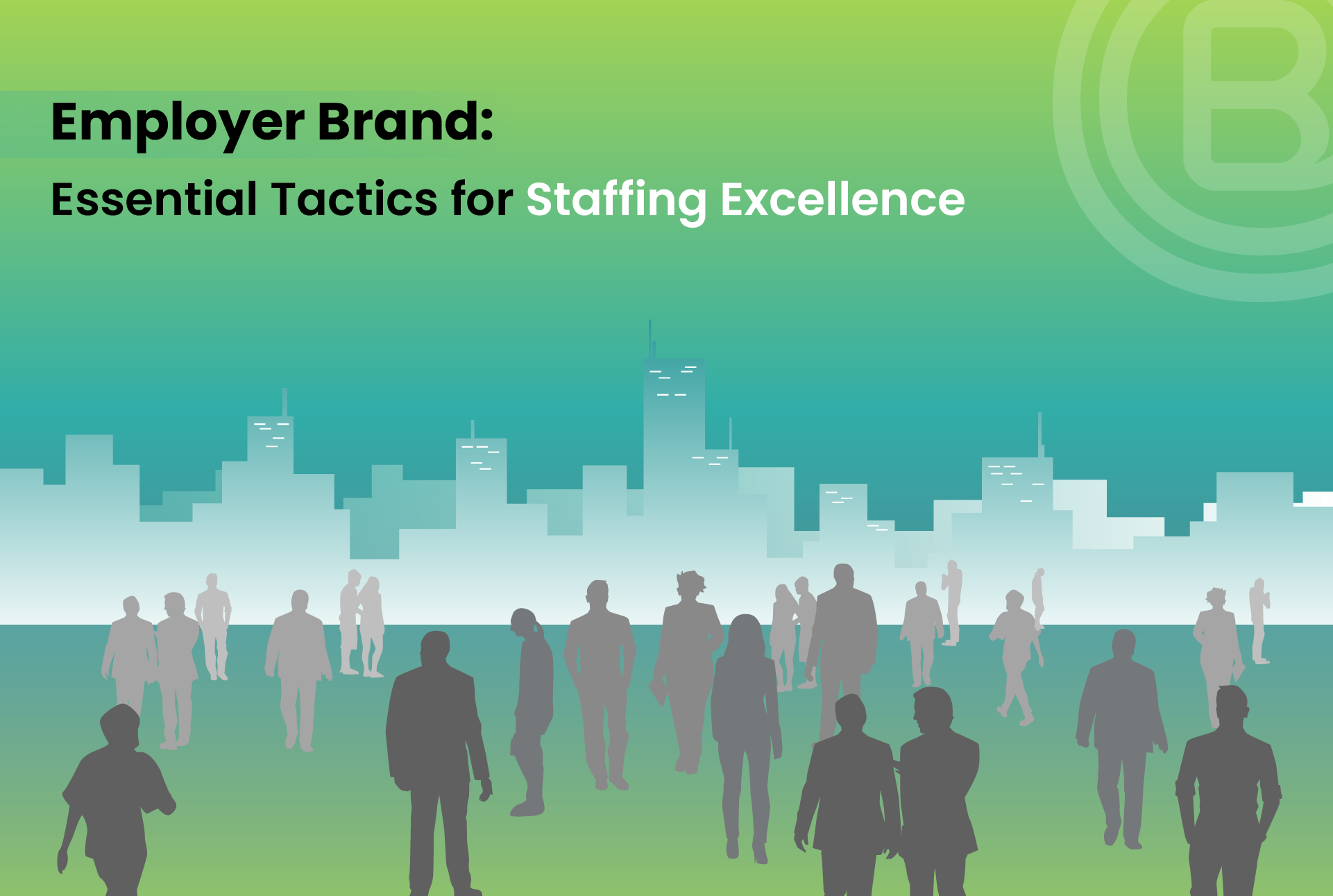Balancing work and life can feel like you’re juggling two completely different worlds, right? But with a few mindful tweaks, it’s totally possible to create harmony between both. Whether you’re managing work deadlines or spending time with family and friends, maintaining balance is key to feeling fulfilled.
So, let’s chat about what work-life balance means, why it’s important, and some practical tips to help you find your own equilibrium.
What exactly is Work-Life Balance?

- Work-life balance refers to the idea of dividing one’s time and energy between work and other important aspects of life, such as family, hobbies, and self-care.
- It’s about creating a sustainable rhythm in your life that allows you to enjoy your career while also making room for personal fulfillment.
- The balance isn’t always equal; some periods might require more focus on work, while others might allow for more personal time.
- What matters is that you feel content with how you’re allocating your time and energy.
5 Top Tips for a Work-Life Balance
Set Clear Boundaries

- One of the first steps to achieving work-life harmony is to set clear boundaries.
- This involves setting clear boundaries for the start and finish of your workday.
- It’s easy to let work spill into your personal time, especially with remote work becoming the norm. Try to stick to your schedule as much as possible.
- Benefits: Establishing boundaries helps you recharge and prevents burnout, allowing you to be more focused and productive during work hours.
Prioritise Self-Care

- Self-care isn’t just a buzzword; it’s crucial for maintaining balance.
- Whether it’s hitting the gym, meditating, or simply taking a walk, make time for activities that rejuvenate you.
- Looking after your mental and physical health helps you stay energised and reduces burnout.
- Benefits: Regular self-care boosts your mood, reduces stress, and enhances your overall well-being, making you more effective in both your personal and professional life.
Embrace Flexibility

- Life is highly unpredictable, and at times, things don’t go as expected.
- Embracing flexibility in your schedule can help you adapt to changes without feeling overwhelmed.
- If you need to adjust your work hours to accommodate a personal commitment, don’t hesitate to do so.
- Benefits: Flexibility allows you to manage unexpected events with ease, reducing stress and helping you maintain a positive mindset.
Learn to Say No

- Saying “no” can be challenging, especially when we want to appear helpful and engaged.
- But overcommitting at work or in personal life can quickly lead to burnout.
- Politely declining additional tasks or events when you’re already stretched thin helps protect your time and energy.
- Benefit: By focusing on what matters most, you’ll feel more in control and less overwhelmed.
Digital Detox

- We live in a hyper-connected world where it’s all too easy to remain glued to screens—work emails, social media, news alerts—the list goes on.
- A digital detox is a game-changer for your work-life harmony. Continuous connectivity can lead to overstimulation, stress, and difficulty unwinding.
- By intentionally stepping away from screens, you give your brain the break it needs to recharge.
- Benefits: Unplugging allows you to reconnect with yourself, reduces stress, improves sleep, and frees up time for meaningful offline activities.
Other Perspectives on Work-Life Balance
- It’s essential to acknowledge that work-life balance can mean different things to different people.
- Some may thrive in a structured environment where work hours are clearly defined, while others might prefer a more fluid approach that allows for spontaneity.
- Additionally, cultural influences can shape our understanding of work-life harmony.
- In some cultures, long hours are expected, while in others, time off is highly valued.
- It’s important to assess what balance looks like for you personally, taking into account your values, responsibilities, and lifestyle.
Final Thoughts
Achieving work-life balance doesn’t have to be a distant dream. It’s all about making small, intentional adjustments that give you more control over your time and energy. From setting clear boundaries to prioritising self-care, each step helps you create a lifestyle that aligns with both your work goals and personal well-being. The benefits are undeniable—you’ll feel more focused, energised, and satisfied, both at work and in your personal life.
FAQ
- 1. What is work-life balance?
-
Work-life balance refers to the balance between professional responsibilities and personal life that leads to overall well-being.
- 2. What are the signs of poor work-life balance?
-
Fatigue, stress, lack of time for hobbies or family, and constant overworking.
- 3. How can I set boundaries at work?
-
Communicate your working hours clearly with colleagues and stick to them as much as possible.
- 4. What are some examples of self-care?
-
Self-care activities can include exercise, meditation, reading, or spending time with loved ones.
- 5. How do I disconnect from technology?
-
Schedule specific times during the day or week where you turn off devices and focus on offline activities.
-
Previous Post
The Role of Gig Workers: A Comprehensive Overview
Related Posts
10 Key Technological Advancements Transforming Staffing Agencies
Let’s be real—staffing in today’s world isn’t what it used to be. Gone are the…
How Do Staffing Companies Bridge the Demand-Supply Gap for White-Collar Workers?
Within the orbit of white-collar professions where specialized skills and expertise are highly sought after,…
The Role of Gig Workers: A Comprehensive Overview
The rise of gig workers has ushered in a new era of flexibility and adaptability.…
Employer Brand: Essential Tactics for Staffing Excellence
Crafting a strong employer brand has become indispensable for organizations seeking to excel in recruitment.…









